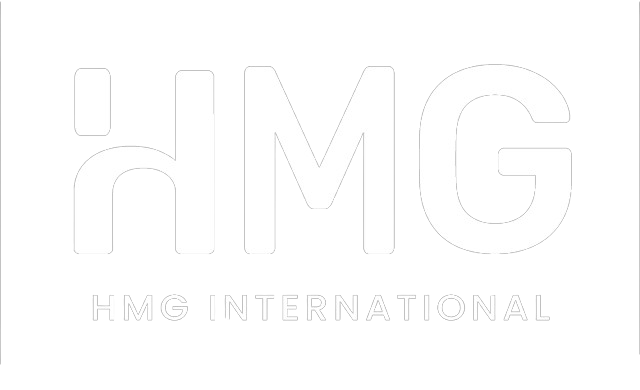
FERI Demystified: Navigating Import Regulations in the Democratic Republic of Congo
The Democratic Republic of Congo (DRC) plays a vital role in African trade, but its complex import regulations can be a hurdle for businesses. Among these, the Fiche Electronique des Renseignements à l’Importation (FERI), also known as the Electronic Cargo Tracking Note, stands out as an essential certification for importing goods. In this blog, we’ll break down the FERI requirements, guide you through the application process, and highlight how HMG, the largest cargo services provider for African countries, ensures hassle-free compliance.
What is FERI, and Why is It Necessary?
FERI is an electronic import declaration document mandated by the DRC authorities to track and regulate all imports. This certificate:
- Ensures Accurate Cargo Data: Provides information about shipments, like the type of cargo, its value, and the origin.
- Supports Customs Operations: Helps authorities manage imports efficiently.
- Reduces Non-Compliance Risks: Prevents penalties, delays, and legal issues arising from improper documentation.
Failure to obtain or validate the FERI certificate results in heavy fines or penalties (often up to 50% of the subject Bill of Lading rate) and delays in clearing containers at the port, which cause customers to pay heavy detention charges at the destination port.
Step-by-Step Guide to FERI Certification
Understand the Requirements
To apply for a FERI certificate, you need the following documents:
- Bill of Lading (BOL)
- Commercial Invoice
- Packing List
- Export Declaration Form / Goods Declaration
- Any other relevant shipping documents as per the DRC’s requirements.
Submit an Application
The application must be filed with an authorized FERI agent or platform before the cargo departs from the origin port. Accuracy in filling out details, such as consignee/shipper information, cargo value, and shipping details, is crucial.
Validation of the Certificate
Before the shipment arrives at the DRC port or destination port, the FERI certificate must be validated by the DRC customs authorities.
Compliance at Ports
Upon arrival, customs cross-verifies the FERI number or BR Code mentioned on the validated final FERI. Any discrepancies can result in penalties or shipping delays.
Benefits of FERI Compliance
- Smooth Customs Clearance: Expedites cargo handling at ports.
- Avoids Financial Penalties: Saves costs by adhering to regulations.
- Enhanced Transparency: Improves traceability for government authorities and importers.
- Efficient Trade Operations: Reduces bottlenecks in the supply chain.
How HMG Simplifies FERI Certification
As the largest cargo services provider to African countries, HMG specializes in managing the complexities of shipping to the DRC. With our in-depth knowledge of FERI requirements, we provide:
- Expert Documentation Support: Ensuring all your documents are accurate and complete as per the OBL and commercial invoice.
- Timely Application Processing: Submitting FERI certificates without delays.
- Comprehensive Logistics Solutions: Managing everything from customs clearance to cargo delivery.
- Proactive Issue Resolution: Addressing potential challenges before they escalate.
Why Partner with HMG?
Navigating the regulatory landscape of the DRC requires expertise, and HMG has built a reputation for excellence in African logistics. With our vast network, local expertise, and focus on compliance, we ensure that your shipments move smoothly across borders.
Key Highlights of HMG Services:
- End-to-end cargo management.
- Tailored logistics solutions for businesses of all sizes.
- Deep knowledge of DRC trade regulations.
- Reliable and efficient service from origin to destination.
Conclusion
Navigating the FERI certification process is critical to shipping to the DRC. With proper documentation, timely application, and expert guidance, businesses can avoid unnecessary delays and costs. Partnering with a trusted logistics provider like HMG ensures seamless compliance and efficient trade operations.
For more details or assistance with your next shipment, visit HMG International and let us handle the complexities of African trade for you.
